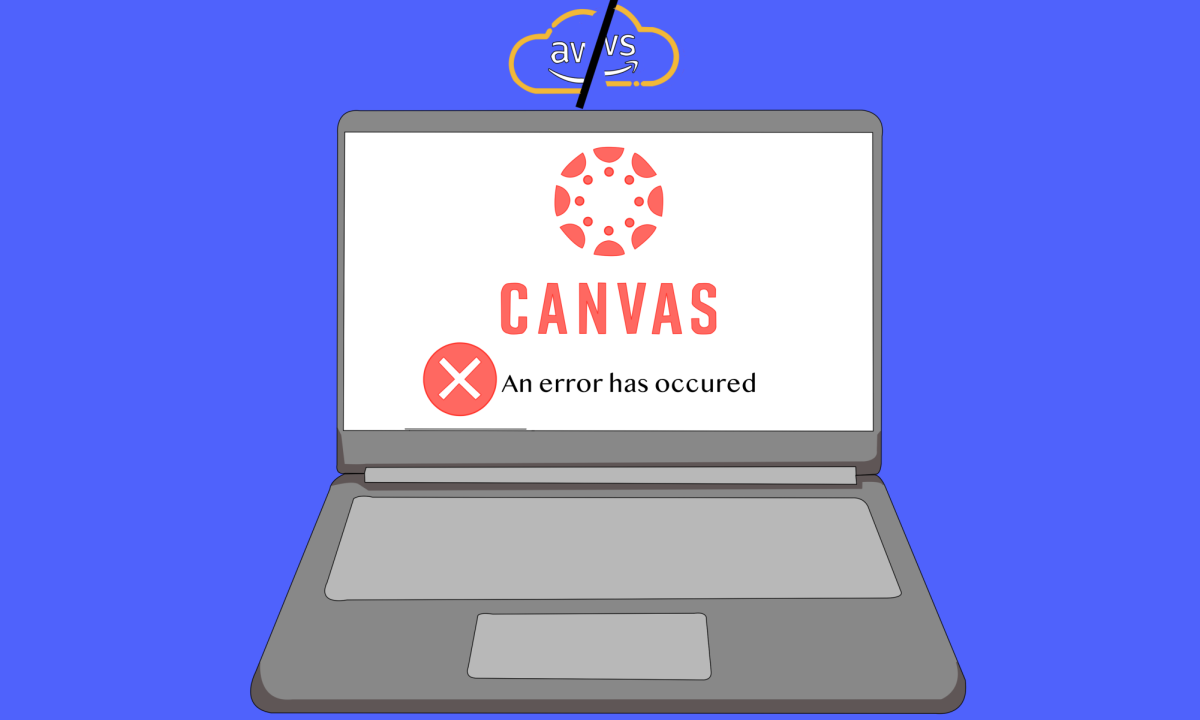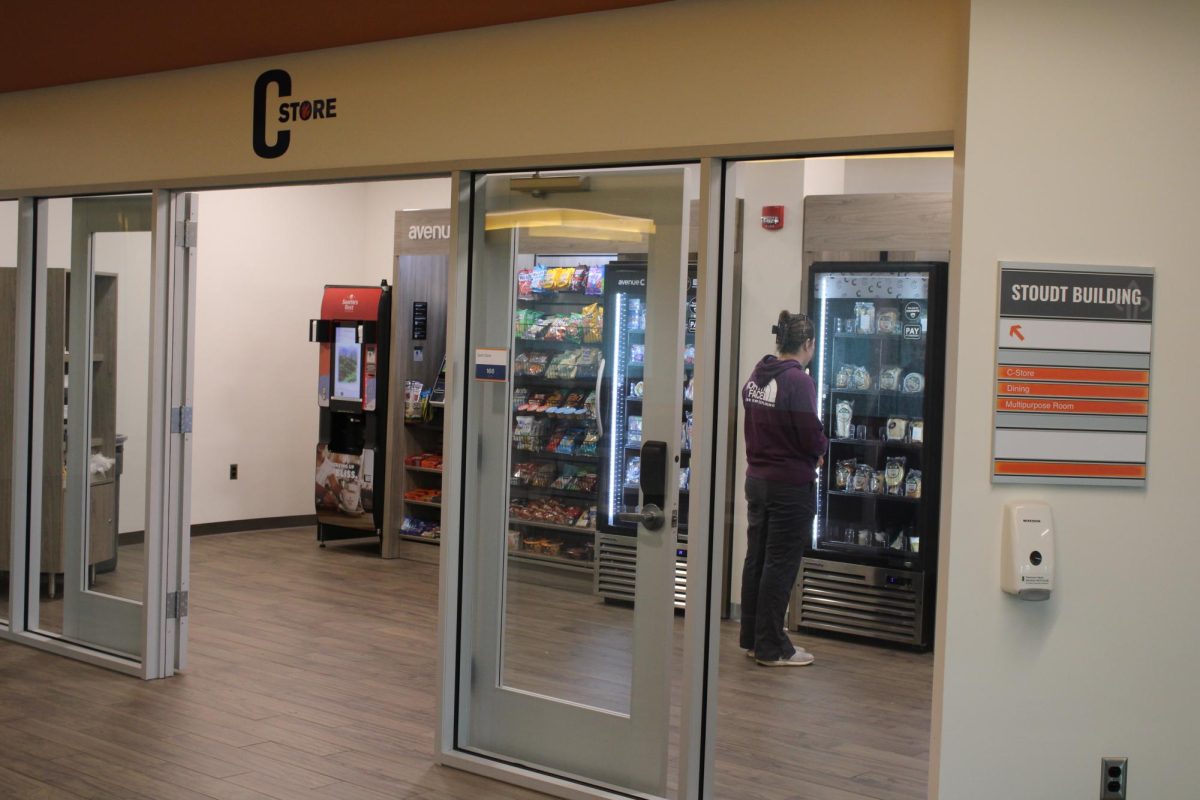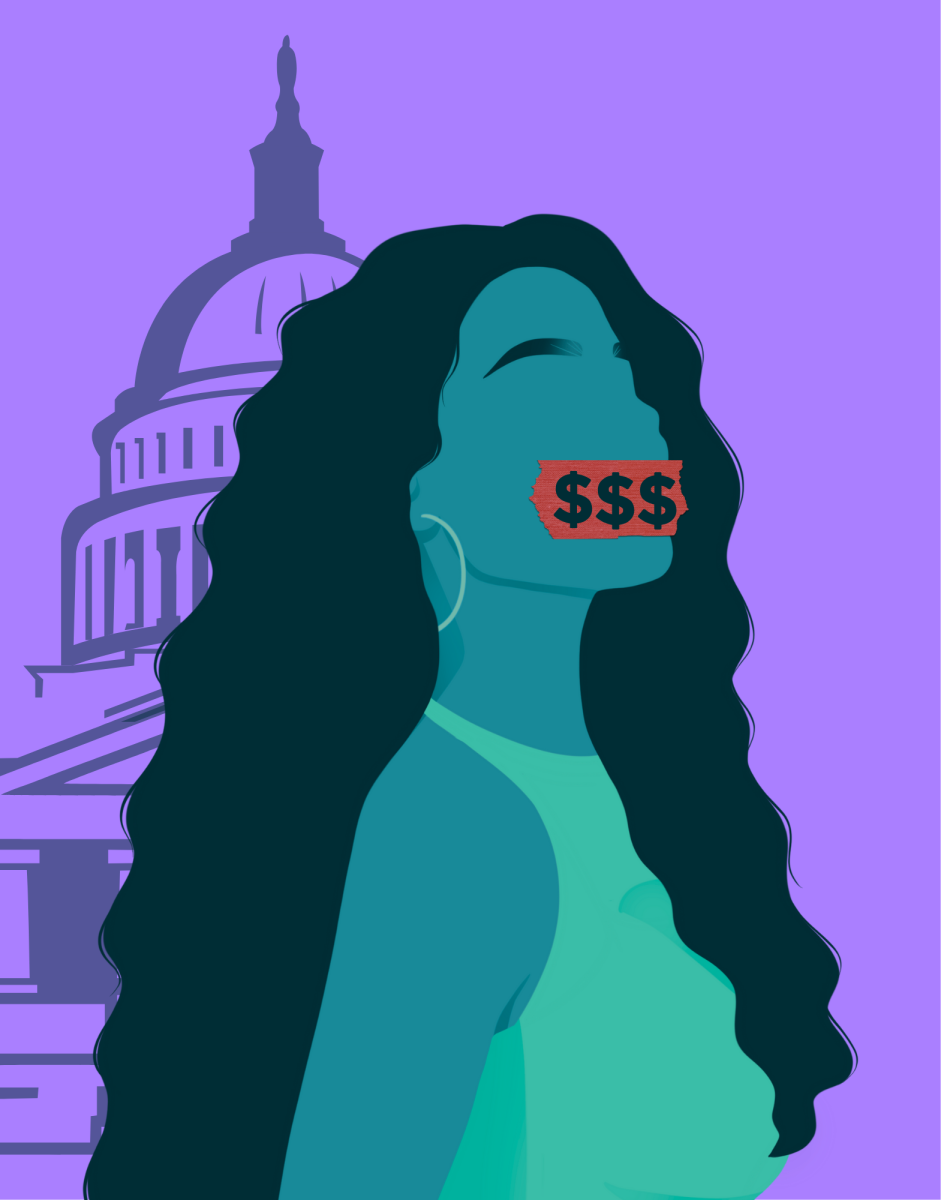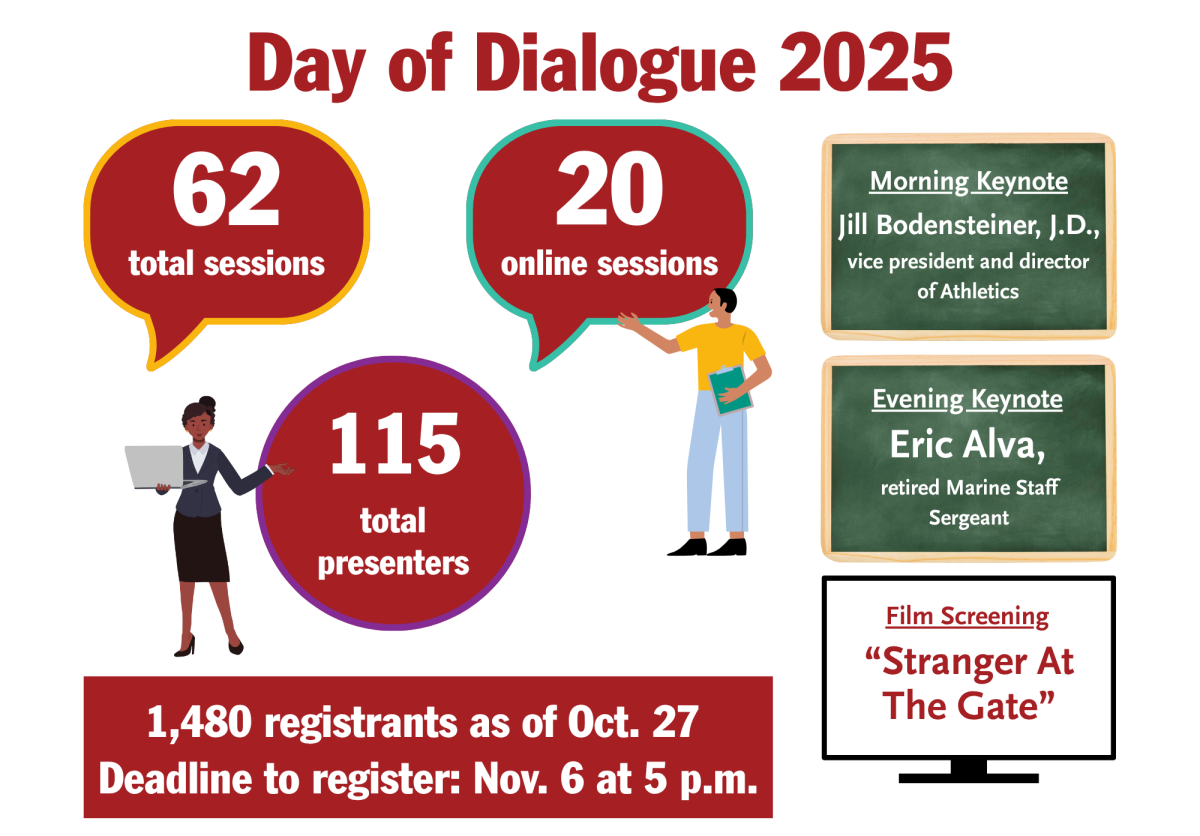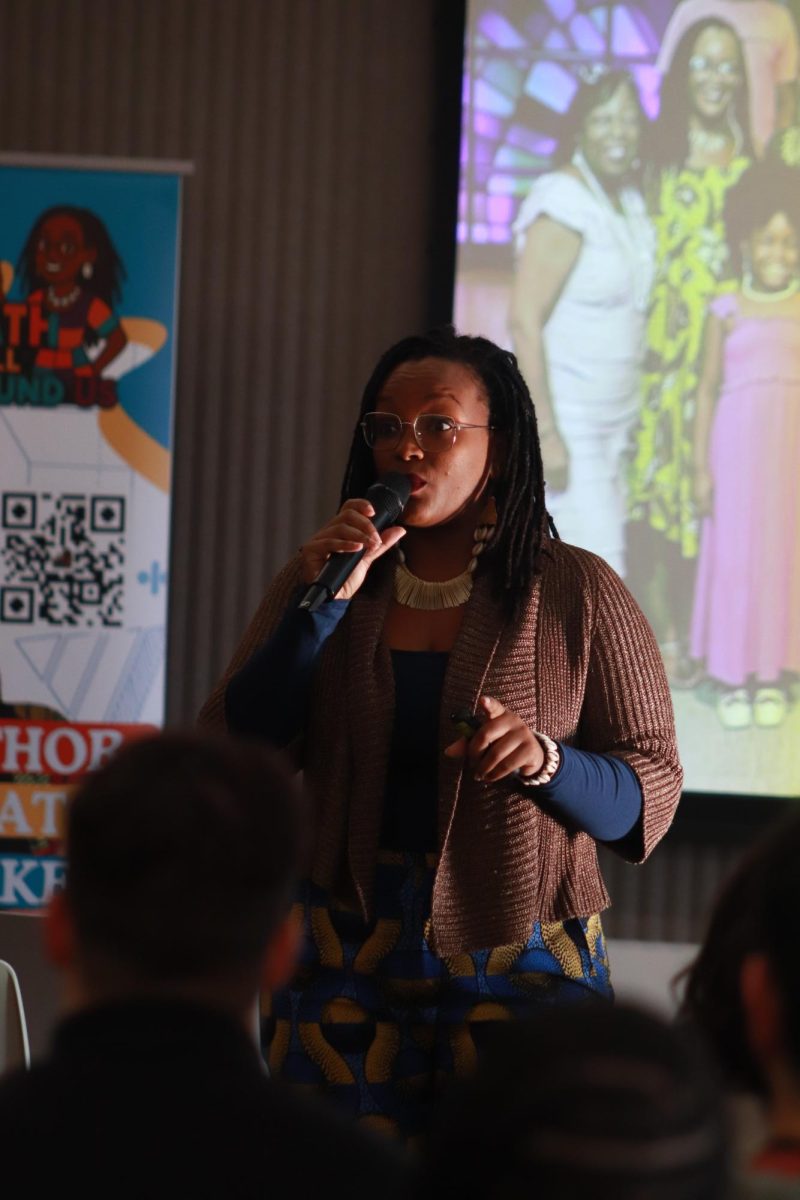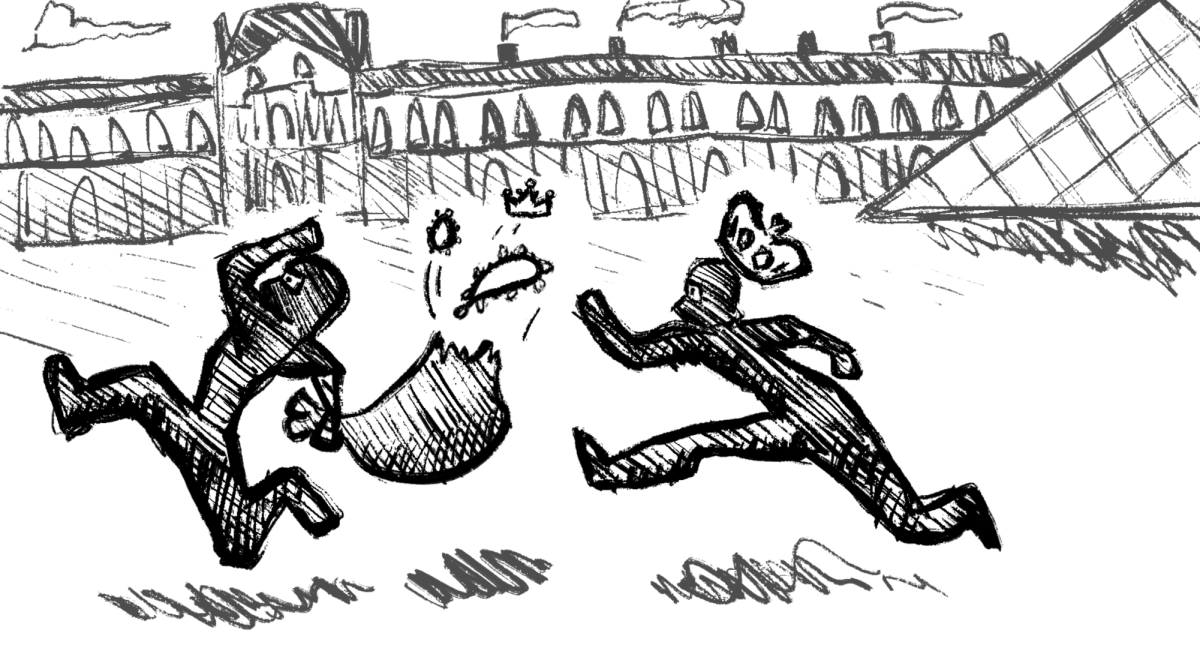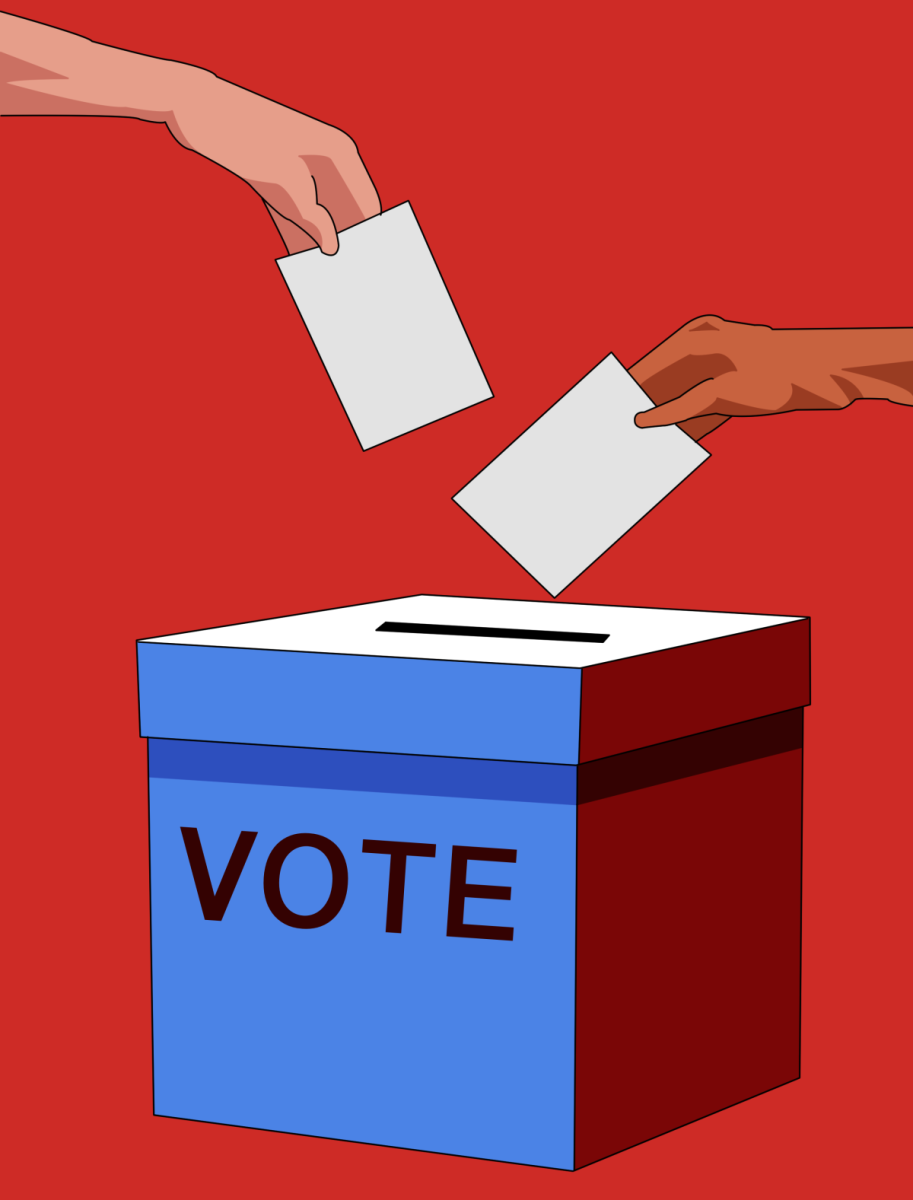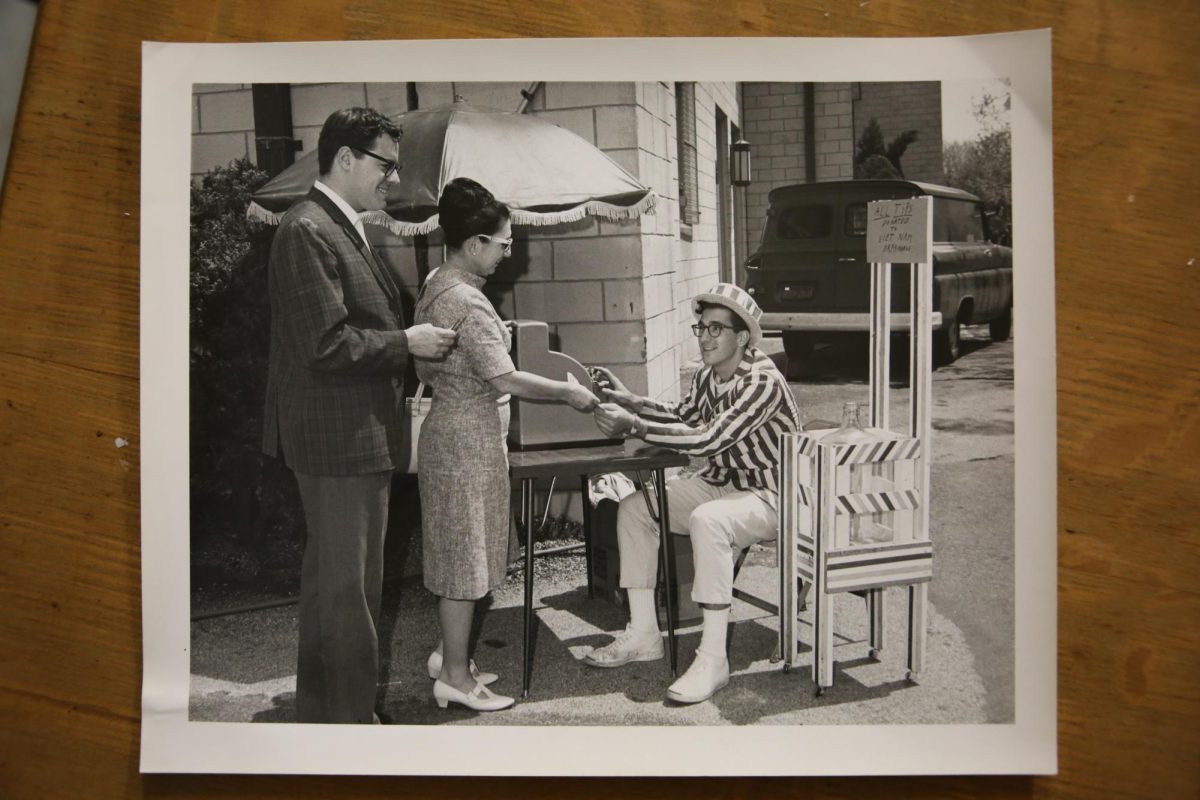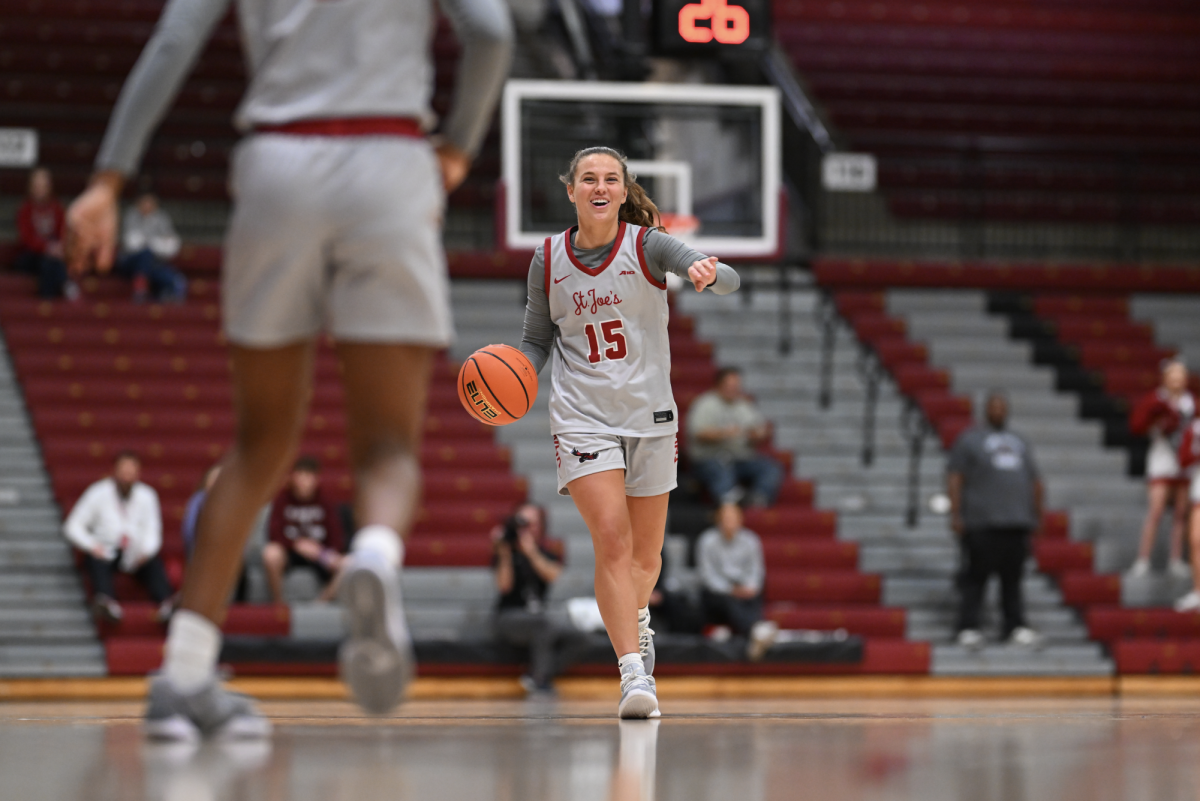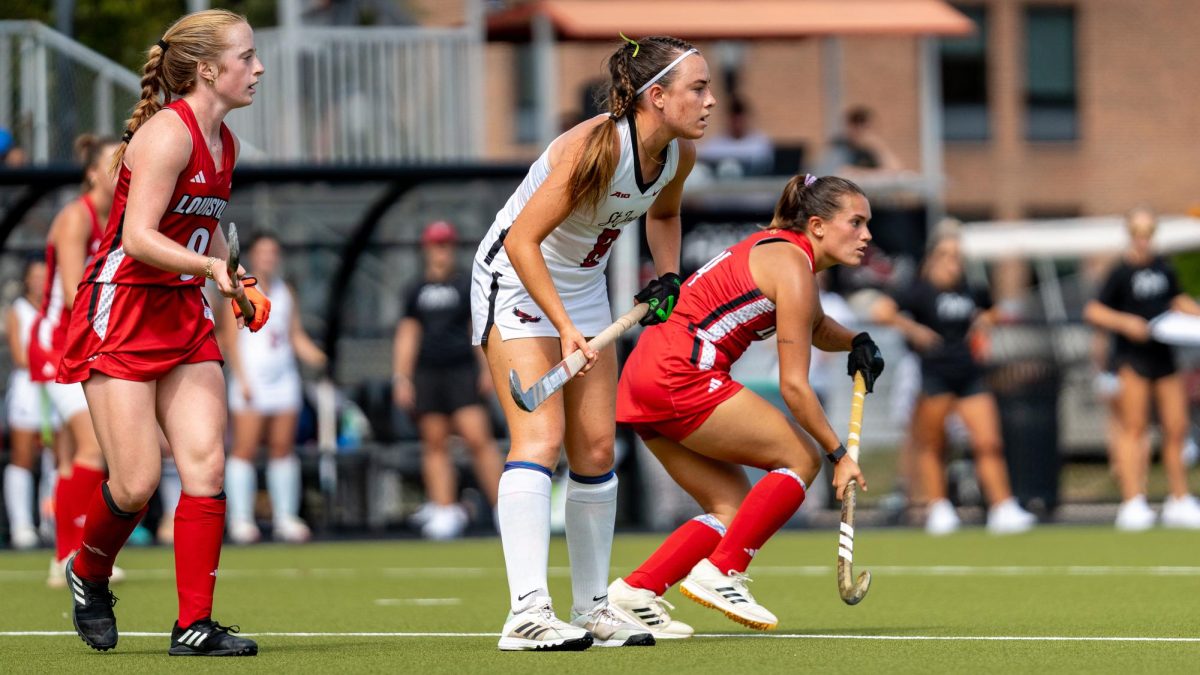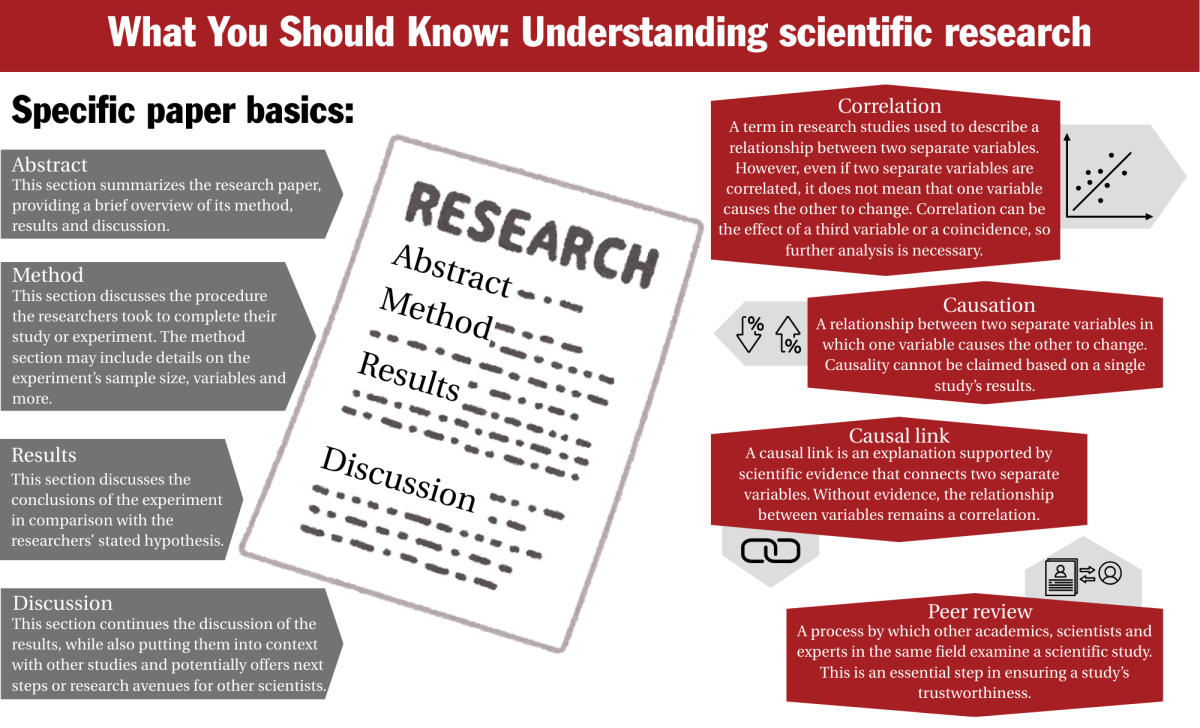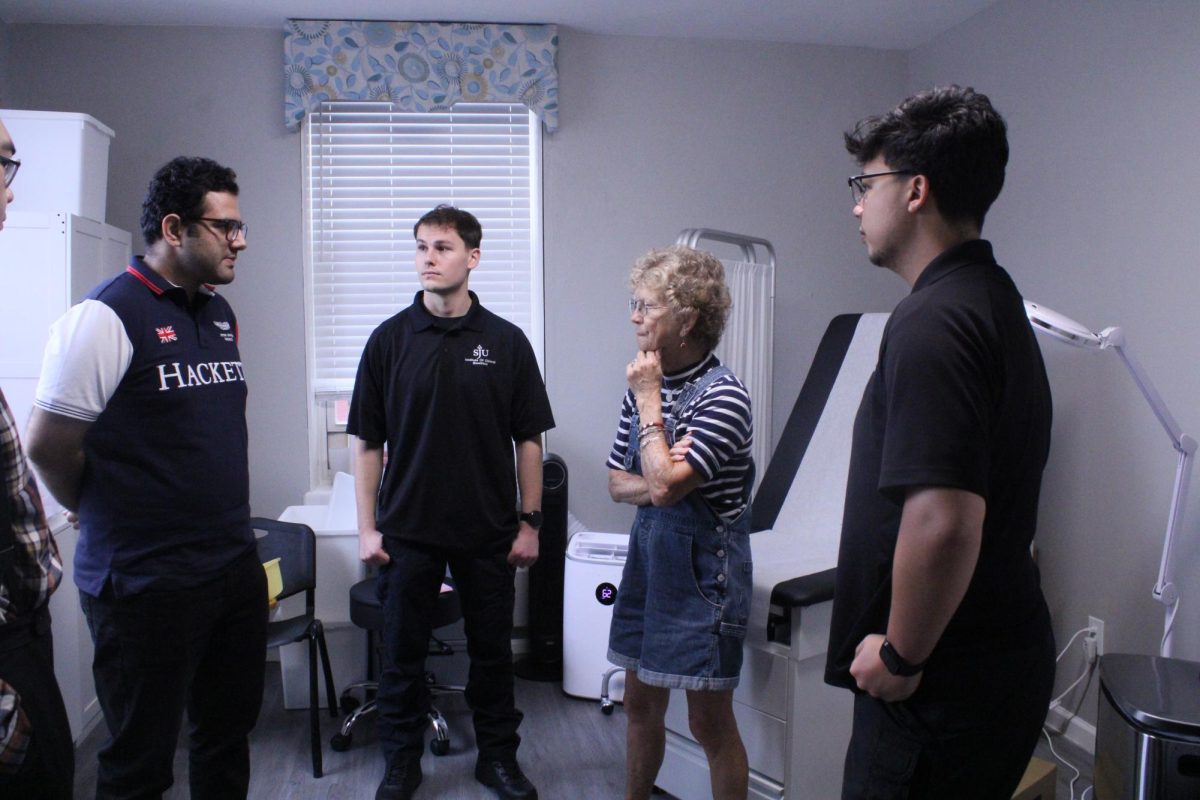Philadelphia’s only rape crisis center, Women Organized Against Rape (WOAR) – Philadelphia Center Against Sexual Violence, announced staff layoffs Oct. 6 and a pause of essential services as a result of the state budget impasse.
Gov. Josh Shapiro announced a $51.5 billion state budget proposal Feb. 4 for the 2025-2026 fiscal year. After months of debate among state legislators, the deadline to pass the budget, June 30, passed without a resolution.
Senate Republicans released a $47.6 billion counter-budget in August, prolonging the process. Two months later, WOAR announced its staff layoffs. There has not yet been a resolution to the state budget, and, consequently, WOAR has now gone without state funding since July.
Without access to all of WOAR’s services, survivors of sexual violence have few places left to turn.
The number of sexual assaults in Philadelphia has increased by nearly 16% since 2024, according to the Philadelphia Police Department Crime Statistics, with 393 rapes reported from Jan. 1-Oct. 26, 2024, and 455 reported so far in 2025. Amid the rise in reported assaults, the city’s only rape crisis center has played a role in supporting survivors for over 50 years.
WOAR was founded in 1971 by Jody Pinto after her friend experienced sexual assault and struggled with the “brutality” of the institutions meant to help her in the aftermath, such as the hospital, the police department and the courts. According to WOAR’s website, Pinto was inspired to create an organization that could support survivors of sexual violence throughout every step of the healing process including advocacy, counseling and education services.
Guided by a mission “to eliminate all forms of sexual violence in our communities,” WOAR provides services to victims of sexual violence, abuse and harrassment that include prevention education programs, group therapy sessions, rape kit testing, a 24/7 crisis hotline and court accompaniments for those wishing to seek legal remedies.
Due to the efforts of community partnerships and donations, some of these services are still continuing, such as the 24/7 hotline, rape kit testing and court accompaniments. However, many of the preventative services have been paused, according to Kyle Norton, a member on WOAR’s board of directors. This includes group therapy, educational programs and restorative justice practices.
Funding Pennsylvania’s rape crisis centers
Norton said the most difficult part of his job now is working to try to keep as many services afloat given the limited resources and trying to “diversify the funding” coming into the organization.
“We not only have the state budget impasse that’s working against us, we’ve got a federal government shutdown,” Norton said. “We have an administration that has shied away from supporting and, in fact, has pulled funding from domestic dating violence and similar issues, so we’ve got a lot of things working against us.”
Despite the donations and partnerships that have been beneficial in keeping some services maintained, they will likely not be sufficient long-term.
“It’d be like living paycheck to paycheck,” Norton said.
WOAR is not the only rape crisis center that has been affected by the budget impasse. There are 47 rape crisis centers across all 67 counties in Pennsylvania, all of which are overseen by the Pennsylvania Coalition to Advance Respect, according to Gabriella Romeo, public policy director for PCAR. The state budget impasse has impacted funding to all of these crisis centers.
The primary source of funding for Pennsylvania’s rape crisis centers is the Rape Crisis line item in the Pennsylvania Department of Human Services budget. PCAR has been advocating not only for an end to the budget impasse but also for an $8 million increase to their line item, Romeo said.
An increase in funding would allow Pennsylvania’s rape crisis centers to better support survivors, Romeo said.
“Unfortunately, we live in a world where sexual assault happens, sexual violence happens and whoever experiences that trauma deserves help to heal from that experience,” Romeo said. “These services are life-saving, life-changing services to make sure people get the help that they need.”
Impact on survivors
Mayva Pierre Louis ’26 said WOAR’s pause in services is reflective of Philadelphia’s neglect toward survivors of sexual violence. Pierre Louis serves as president of Prevention, Advocacy, Trust and Healing, an organization at St. Joe’s geared toward helping survivors of sexual assault and physical or emotional abuse in the univerity community. It was formerly known as Rape Education and Prevention Program.
“I think it shows a lot about what we care about as a city and what we don’t really care about falling through the cracks,” Pierre Louis said. “I hate that survivors of rape are the ones that are falling through the cracks.”
Cheyenne Tyler Jacobs, writer, speaker and founder of the Instagram platform, @shewillspeak, which focuses on gender equity and ending sexual violence through art and activism, has been featured on numerous advocacy platforms such as me too. Movement, The Army of Survivors, Black Love and End Rape On Campus. When it comes to the importance of maintaining sexual violence crisis centers for survivors, Jacobs said anyone can be a victim.
“I don’t think people think that [victims of sexual violence] could be your friend,” Jacobs said. “It could be your brother, your sister, the person that you see every day that always has a smile on their face, but they’re going over [to the crisis center] because they’re at their breaking point.”
Norton said he hopes the current budget issue will serve as a “wake up call” for everyone, including the Commonwealth, and this isn’t something to “play politics games with.”
“This has significant impact,” Norton said. “It’s real impact now, tomorrow, next week and is something that we can’t play around with, with people’s lives and the trauma that they’re going through in these circumstances.”
Jacobs stressed the importance of remembering the people impacted by the cuts to services for survivors of sexual violence, not just numbers.
“People in crisis should not be a pawn,” Jacobs said. “Folks that need support should not be the people dangling in the in-between of a decision being made … We might look at these as numbers and statistics, but these are real people. I’m thinking about the real person that doesn’t get to make that call.”
National Sexual Assault Hotline: 1-800-656-4673
Office of Public Safety and Security: 610-660-1111
Counseling and Psychological Services: 610-660-1090
Office of Title IX and Equity Compliance: [email protected], [email protected], or 610-660-1145
Office of Student Support and Well-being: 610-660-1149

